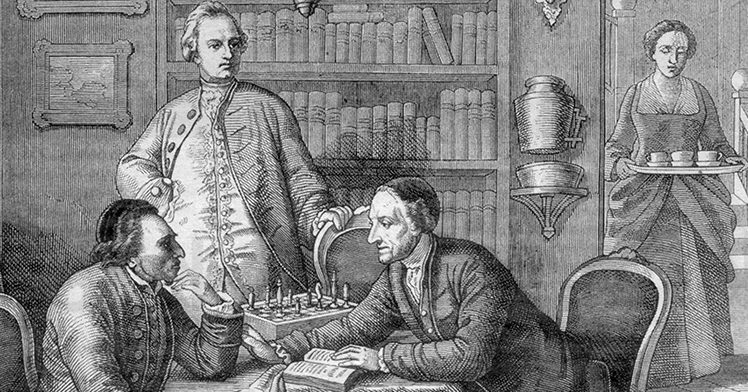Critique of Practical Reason
ImmanuelKant | Feb. 15, 2024, 10:59 p.m. | Book Summaries

My "Critique of Practical Reason" serves as a pivotal work in ethical philosophy, building on the foundations laid in my earlier "Groundwork of the Metaphysics of Morals." Published in 1788, this treatise delves into the realm of practical reason, exploring the nature of moral principles, human freedom, and the concept of the moral law.
The "Critique of Practical Reason" begins by distinguishing between two kinds of reason: theoretical reason, concerned with knowledge and understanding the natural world, and practical reason, concerned with morality and guiding human actions. I contend that while the theoretical use of reason allows us to understand the world, it is the practical use of reason that enables us to determine how we ought to act in the world.
A central theme in my ethical philosophy is the concept of the moral law. I once famously stated, "Two things fill the mind with ever new and increasing admiration and awe, the more often and steadily we reflect upon them: the starry heavens above me and the moral law within me." The moral law is not derived from empirical observations or contingent circumstances but is a universal and necessary principle that governs the actions of rational beings.
I introduce the idea of the "categorical imperative" as a fundamental expression of the moral law. The categorical imperative demands that individuals act in accordance with principles that could be universalized without contradiction. In other words, an action is morally permissible if the individual can will that everyone adopts the same principle without generating a logical contradiction.
The first formulation of the categorical imperative is often expressed as the principle of universalizability: "Act only according to that maxim whereby you can at the same time will that it should become a universal law." This formulation guides individuals to assess the moral permissibility of their actions by considering whether the principles underlying those actions could be consistently applied as a universal law.
I further refine the categorical imperative with the second formulation, known as the principle of humanity: "Act in such a way that you treat humanity, whether in your own person or in the person of any other, never merely as a means to an end, but always at the same time as an end." This emphasizes the inherent value and dignity of each individual, rejecting the use of others as mere instruments for personal gain.
The "Critique of Practical Reason" explores the relationship between morality and freedom. I contend that moral principles presuppose the existence of human freedom. While empirical factors may influence our actions, moral choices must be made freely, without coercion or external determination. This connection between morality and freedom underscores the significance of individual autonomy in my ethical framework.
I introduce the concept of the "intelligible world" as the realm of freedom, where individuals are subject to the moral law. I contrast this with the "empirical world," where individuals are subject to the laws of nature. The moral law bridges these two worlds, providing a framework for individuals to navigate their actions in both the realm of freedom and the empirical world.
The idea of the "kingdom of ends" is another key element in my moral philosophy. I envision a community of rational beings who govern themselves according to the moral law, treating each other as ends in themselves. In this kingdom of ends, individuals recognize and respect each other's autonomy, creating a harmonious moral community guided by universal principles.
I also address the question of moral motivation, emphasizing the role of practical reason in guiding individuals to act in accordance with the moral law. I distinguish between hypothetical imperatives, which are contingent on personal desires or goals, and the categorical imperative, which commands obedience simply because it is a moral duty. The moral law serves as a guide for individuals to overcome the influence of inclinations and act from a sense of moral duty.
In the final sections of the "Critique of Practical Reason," I discuss the concept of the "postulates of practical reason." These postulates include the existence of God, the immortality of the soul, and the existence of freedom. I argue that while these ideas cannot be theoretically proven, they are necessary assumptions for the moral life. Belief in God, the immortality of the soul, and freedom supports the moral agent's confidence in the ultimate harmony between virtue and happiness.
In conclusion, my "Critique of Practical Reason" provides a profound exploration of moral philosophy, delving into the nature of the moral law, human freedom, and the principles that guide ethical decision-making. Through the categorical imperative, I establishe a framework for assessing the moral permissibility of actions, emphasizing the universality of moral principles and the intrinsic value of every individual. The work continues to influence ethical discussions and remains a cornerstone in the study of moral philosophy.